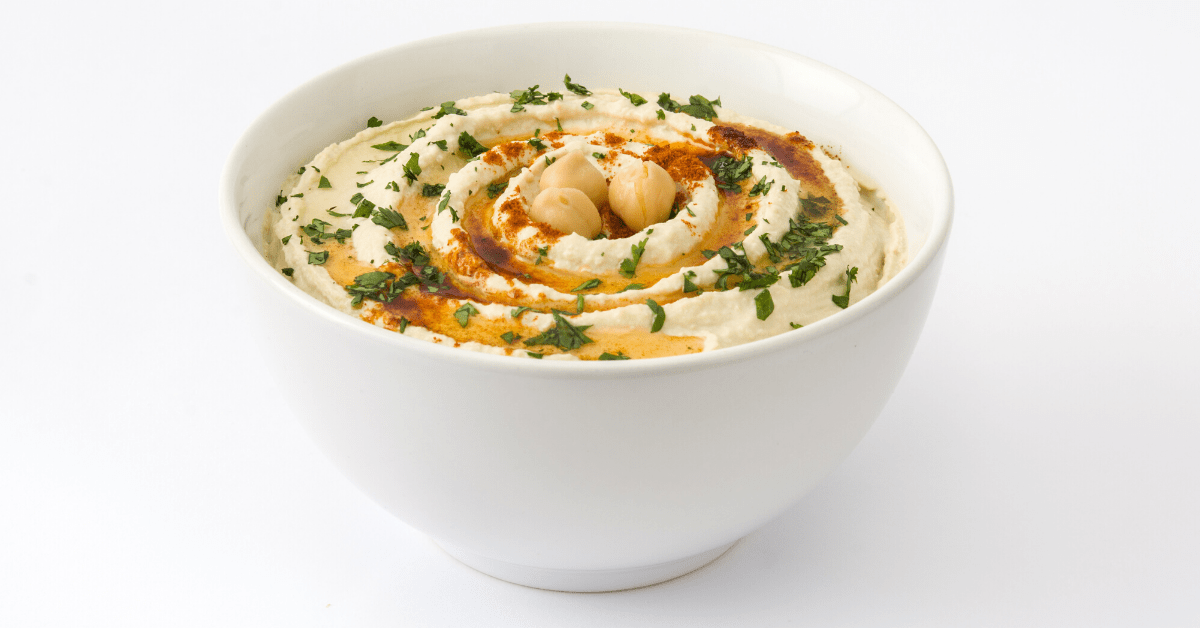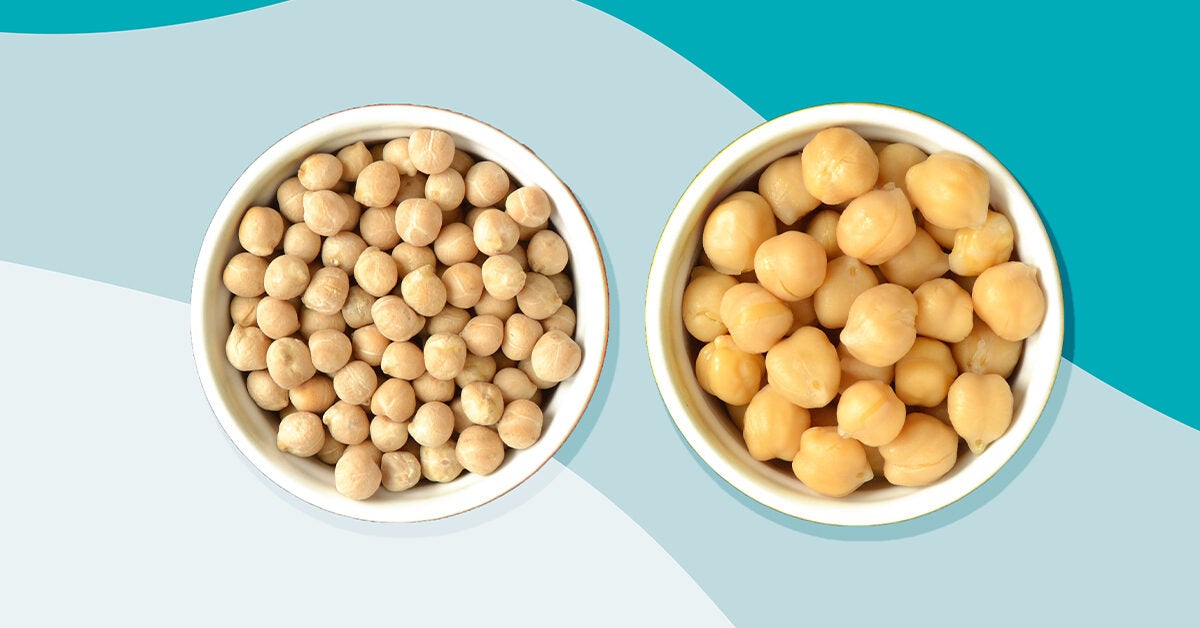Can Dogs Eat Hummus
Although technically permissible, hummus is not a suggested food for dogs. (Can Dogs Eat Hummus) Chickpeas, which are used to make hummus, can be hard for dogs to digest and can result in digestive problems like upset stomach, gas, and bloating.
:max_bytes(150000):strip_icc()/26921-real-hummus-ddmfs-2x1-57-80af26dfcb504c73bb487d371b6d3870.jpg)
In addition, a lot of hummus products contain hazardous ingredients for dogs such as garlic and onions. It’s recommended to stick with dog-friendly treats and foods if you want to have a snack with your four-legged companion.
It is better to stick to canine-friendly snacks and foods that are designed expressly to satisfy a dog’s dietary requirements.
What happens when a dog eats hummus?
A dog may have intestinal problems if it consumes hummus. The main component of hummus, chickpeas, can be challenging for dogs to digest, resulting in symptoms including upset stomach, gas, bloating, and diarrhea.
After feeding your dog hummus, it’s crucial to watch for any indications of digestive trouble. If you have any concerns about your dog’s health, you should also speak with a veterinarian.
It’s advised not to give hummus to your dog if they have a history of digestive problems or are prone to sensitive stomachs.
How much hummus can a dog eat?
If a dog does consume hummus, the amount it can safely eat will vary depending on its size, age, and overall health.
Generally, small amounts such as one small teaspoon in a week are less likely to cause harm, but it’s always best to consult with a veterinarian if you’re concerned about your dog’s health.
Can dogs eat hummus chips?
Hummus chips are not advised for dogs to consume. Like many snack foods, hummus chips frequently include high levels of salt, which can be toxic to dogs, and other health problems.

In addition, certain hummus chips include harmful components for dogs, like garlic and onions, which can harm their red blood cells and result in anemia.
If your dog does eat hummus chips, keep an eye out for any symptoms of digestive trouble and call your veterinarian if you have any worries about their wellbeing.
Can dogs eat hummus dip?
The consumption of hummus dip by dogs is not advised. Chickpeas, the main ingredient in hummus dips, can be hard for dogs to digest and can lead to upset stomach, gas, bloating, and diarrhea.
Can dogs eat red pepper hummus?
Red pepper hummus, or any kind of hummus, is not advised for dogs to consume since it may include components that are poisonous to dogs and can lead to stomach problems.
If a dog eats red pepper hummus, it’s crucial to watch out for any symptoms of digestive trouble and to consult a vet if you have any concerns about their health.

Is hummus safe for dogs to eat
Hummus is not safe for dogs to eat. Hummus is made from chickpeas, which can be difficult for dogs to digest.
Onions and garlic, which are harmful to dogs and can harm their red blood cells and cause anemia, are also present in a lot of hummus products.
Avoid feeding your dog human things that could hurt them and instead provide them with a balanced diet that fits their nutritional needs.
Consider offering your pet a few bite-sized pieces of fruits or vegetables that are okay for dogs to eat, like carrots, apples, or bananas, if you want to enjoy a snack with them. For guidance on what foods are suitable and safe for your dog to consume, it is always better to get advice from a veterinarian.
Are chickpeas poisonous to dogs?
Dogs are not poisoned by chickpeas, the major component of hummus, however, some dogs may experience intestinal problems.
As a complex carbohydrate, chickpeas can be challenging for dogs to digest, which can result in symptoms like upset stomach, gas, bloating, and diarrhea.
Additionally, a dog’s stomach may become upset and they may have digestive discomfort if they eat a lot of chickpeas.
It’s important to monitor your dog for any signs of digestive distress after consuming chickpeas and to consult with a veterinarian if you are concerned about their health.
5 foods that can not feed to dogs?
Here are 5 common human foods that should not be fed to dogs:
https://youtu.be/3ZnRi08wJ1M
- Chocolate: Chocolate contains theobromine, which is toxic to dogs and can cause symptoms such as vomiting, diarrhea, seizures, and even death in severe cases.
- Grapes and Raisins: Grapes and raisins can cause kidney failure in dogs, even in small amounts. Symptoms of grape or raisin toxicity can include vomiting, diarrhea, and lethargy.
- Onions and Garlic: Onions and garlic contain compounds that can damage dogs’ red blood cells, leading to anemia. Consuming even small amounts of these foods can be harmful to dogs.
- Avocados: Avocados contain persin, which can cause digestive upset and vomiting in dogs. In severe cases, it can also cause heart congestion and fluid accumulation in the chest, abdomen, and heart sac.
- Alcohol: Alcohol can be extremely toxic to dogs, even in small amounts, and can cause symptoms such as vomiting, diarrhea, difficulty breathing, central nervous system depression, and even coma and death.
Can dogs eat human food every day?
Although theoretically speaking, dogs can eat some human foods, it is not advised to provide them with a diet that is predominantly composed of human items.
The best method to meet dogs’ nutritional needs and maintain their health is to provide them with a balanced, nutritionally complete food designed especially for them.
Giving dogs a diet largely composed of human foods can result in malnutrition since it might not contain all the vitamins, minerals, and nutrients that dogs need.
Additionally, some human foods can be toxic to dogs, so it’s important to be aware of what foods to avoid and to always supervise your dog when they are eating.



